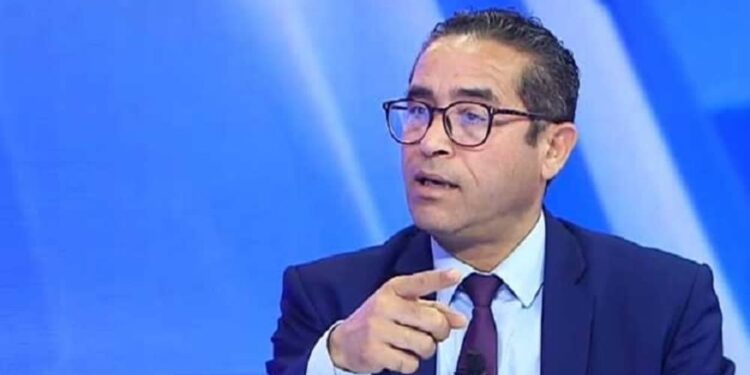The president of the parliamentary block “national sovereign”, Youssef Tarchoun, called on Friday to the strict application of law n ° 9 of May 21, 2025, prohibiting subcontracting in public enterprises.
On the sidelines of a study day organized by the Parliamentary Academy on the recruitment of higher education graduates, Tarchoun stressed “the need to verify the correct application of the law relating to the prohibition of subcontracting in each company and administration”, reports the TAP agency.
He pleaded for the creation of a commission responsible for controlling and assessing the execution of the laws adopted by the ARP in public companies and administrations.
Resistances in the public and the private
According to him, some public and private companies, as well as international embassies and organizations, continue to resort to subcontracting despite the publication of the law. Employees, especially in the petroleum sector and in certain ministries, have expressed their dissatisfaction with non-compliance with their rights and the lack of integration.
The day before, the President of the Kaïs Saïed Republic recalled, during a meeting with the Minister of Social Affairs Issam Lahmar, that the state had to enforce the law and protect workers. He denounced the “pressures presented as legal” but which, in reality, bypassing the legislation on the prohibition of subcontracting.
A convergent parliamentary approach
This call from Youssef Tarchoun echoes The initiative of the Syrine Mrabet MPwho had, on September 23, sent a written question to the Minister of Social Affairs. In her request, the parliamentarian had drawn up a precise list of companies and public and private institutions accused of not respecting the prohibition of subcontracting, despite the repeated complaints of the employees.
Among the entities mentioned were ETAP, Tunisian Post, Tunisair, the Office of Cereals, the Office of State Lands, ONAS, but also groups in the petroleum and chemical sector such as TPS, APO, the Tunisian chemical group and the chemical society of Gabès, or even public works companies like Somatra-Get.
Structures in the private sector, including Carrefour, the Jebel El Oust health complex and the National Institute for the major agricultural farms in Bousalem, had also been pointed out.
By publishing this list, Syrine Mrabet wanted to exert direct pressure on the government in order to accelerate the regularization of these files and to coordinate efforts with the ministries concerned.
Read








